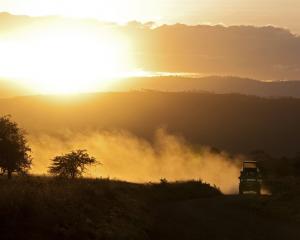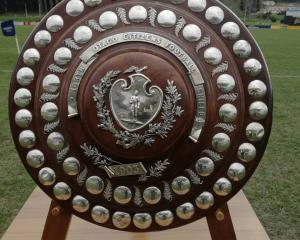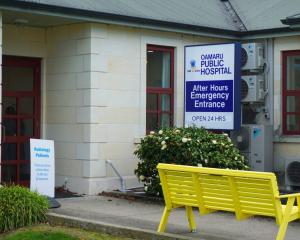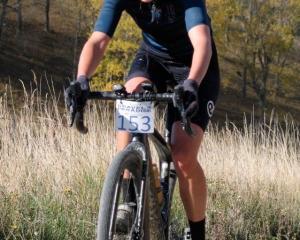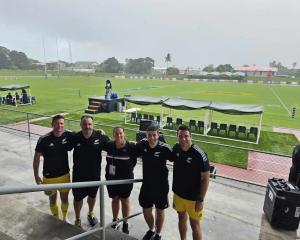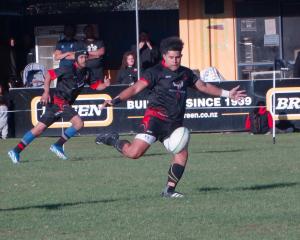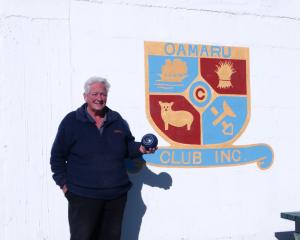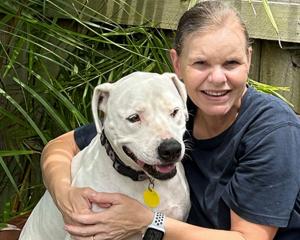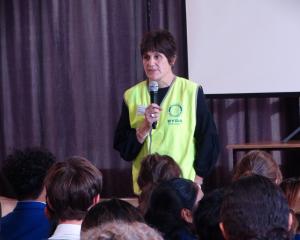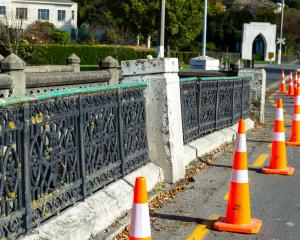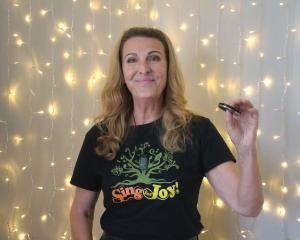Although large council-run operations around the country struggle to find markets for exporting recyclable materials to, ''little, old Oamaru'' is shipping the products around the world.
Now, the Waitaki Resource Recovery Park is about to launch a new independent baleage wrap recycling programme for North Otago farmers.
Waitaki Resource Recovery Trust business manager Dave Clare said it had been ''turning a problem into a resource'' by baling silage wrap for Plasback, as its only baling operation between Invercargill and Christchurch.
The previous operator, Agrecovery, pulled out of the silage wrap market on July 1 due to rising transport costs, contamination issues and a lack of local recycling solutions, leaving Plasback as the sole national collector.
It contracted the Waitaki centre to help cater for its increased demand.
Tomorrow, between 55 and 65 bales of silage wrap, collected from farms around Otago and South Canterbury, will be loaded into a 40ft shipping container in Oamaru, destined for Malaysia.
Among other uses, the wrap will be dyed black and turned into irrigation piping, Mr Clare said.
The Waitaki Resource Recovery Park hoped to launch an independent system, for North Otago farmers, while continuing to bale for Plasback, next month.
Farmers will be able to buy a bag from the Recovery Park for $15, fill it with clean baleage wrap and bring it back to be baled and shipped when full.
From then on, replacement bags will cost $5, which will cover the handling fee. The Recovery Park will take the product free of charge.
Recycling was a much more environmentally friendly option than burying or burning silage wrap, which some farmers with limited recycling options would resort to, he said.
As the programme developed and solved a ''major headache for farmers'', the Waitaki Resource Recovery Park expected a significant growth in collection.
''It's gradually growing in momentum,'' Mr Clare said.
For a little town, Oamaru ''certainly'' pulled its weight in terms of recycling, he said.
The Oamaru-based centre has also found a new market for recycling plastic.
Two weeks ago, it shipped 25.5 tonnes of shopping bags, milk powder bags and other difficult-to-move plastic to Taiwan.
''They will then turn it into anything. I think a lot of [the plastic bags] get turned into fence posts and plastic pallets,'' he said.
Another shipment went to Indonesia and there were also connections with Hong Kong.
Mr Clare said Oamaru had become well known for its very high quality standards.
More than 84% of what came through it gates was recycled either through sales in its shop, or sold on to various markets.

